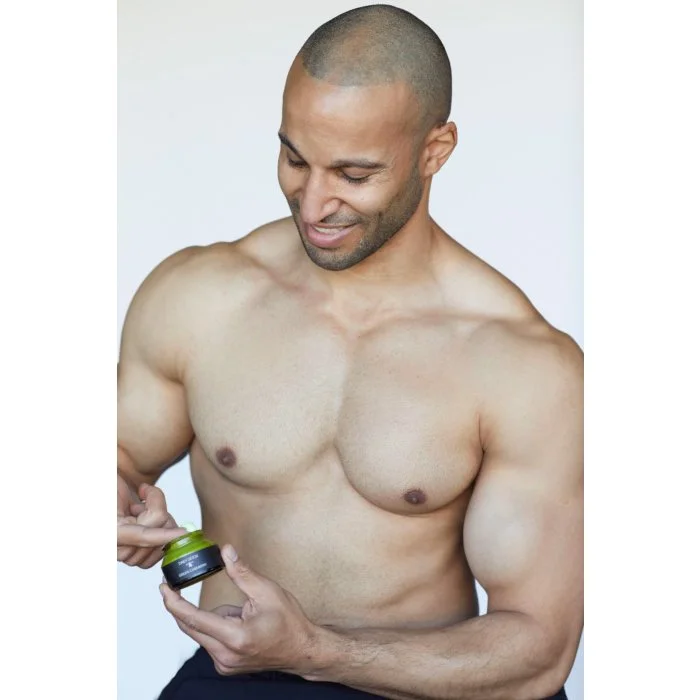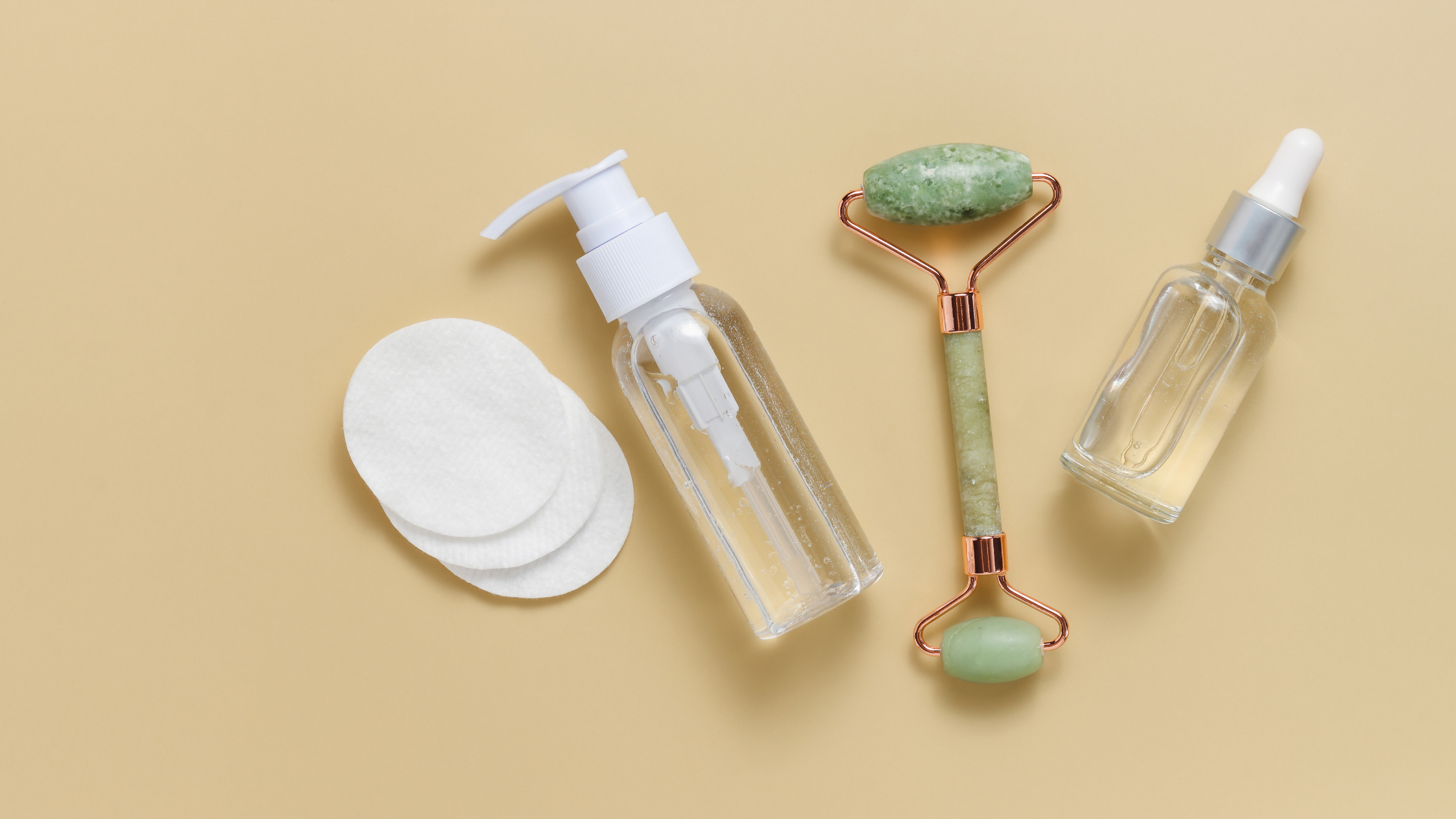Sea Buckthorn: Everything You Need to Know About the Benefits It Has on Your Skin
Dimitra Karagiannidi
Plants have the power to nourish our minds, bodies, spirits, and skin. As a result, nature has provided us with amazing herbs with several skin advantages. One of these plants is the sea buckthorn (Hippophae Rhamnoides).
Sea buckthorn is a tiny but vigorous blooming shrub found in Europe and Asia at high altitudes. Its leaves, flowers, seeds, and fruits have been utilized for medical purposes for millennia. When it comes to skincare, antioxidant-rich berries are generally pressed and consumed as an oil.
How sea buckthorn benefits your skin?
Soothing Protection
Because of its high antioxidant content, sea buckthorn oil provides excellent protection against stresses that speed the aging process. It's packed with polyphenols, flavonoids, minerals, and vitamins A, C, and E, all of which work together to combat external threats.
This aids in reducing fine lines and wrinkles, the plumping of the skin, and the evening of tone and texture. This makes it an excellent choice for anybody looking to reduce the appearance of discoloration and scars.
Hydration
The balanced fatty acid composition of sea buckthorn oil also provides smoothing and occlusive effects and relief from transient redness and pain. Omega-7 and omega-6 oils assist in renewing and building the skin, while omega-3 and omega-9 oils aid in moisturizing – the ideal combination for rough, dry, and flaky skin!
Linoleic acid (a natural component of human sebum) is also found in sea buckthorn oil, which helps to strengthen the skin's lipid barrier. As a result, dry skin does not lose the moisture required, and hydration levels improve.
Suitable for all Skin Types
When you consider the protection and strengthening benefits of sea buckthorn oil and its moisturizing abilities, soothing and relaxing effects, and profoundly penetrative nature, you get a rather multipurpose product—one that is suitable for dry, sensitive, and mixed skin types.
What about oily skin? There's good news! As if that wasn't enough, sea buckthorn oil is non-comedogenic so that it won't clog your pores.
Our Phyto Flora serum, containing jasmine, rose, daikon seed, seabuckthorn, and over 20 supreme quality botanicals, is the perfect nourishing serum for the optimal treatment of dehydrated, sensitive, and acne-prone skin.
Why do people take sea buckthorn?
Apart from skincare, sea buckthorn has been used for its medical and nutritional qualities for hundreds of years.
Sea buckthorn is thought to remove free radicals -- molecules that can damage cells. Though not proven, it is thought to also:
Promote heart health
Reduce blood sugar levels
Boost your immune system
Support liver health
Has anti-cancer effects
Improve digestion
As sea buckthorn fruits are not easily eaten due to their special taste, they are usually consumed through food supplements with sea buckthorn.
Sea buckthorn can also be added to cosmetic products, such as creams, shampoos, or shower gels, after extraction in water.



























